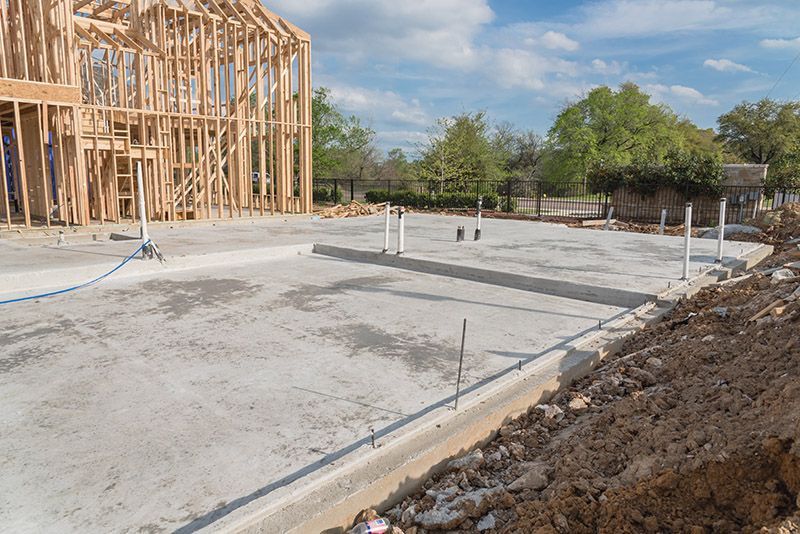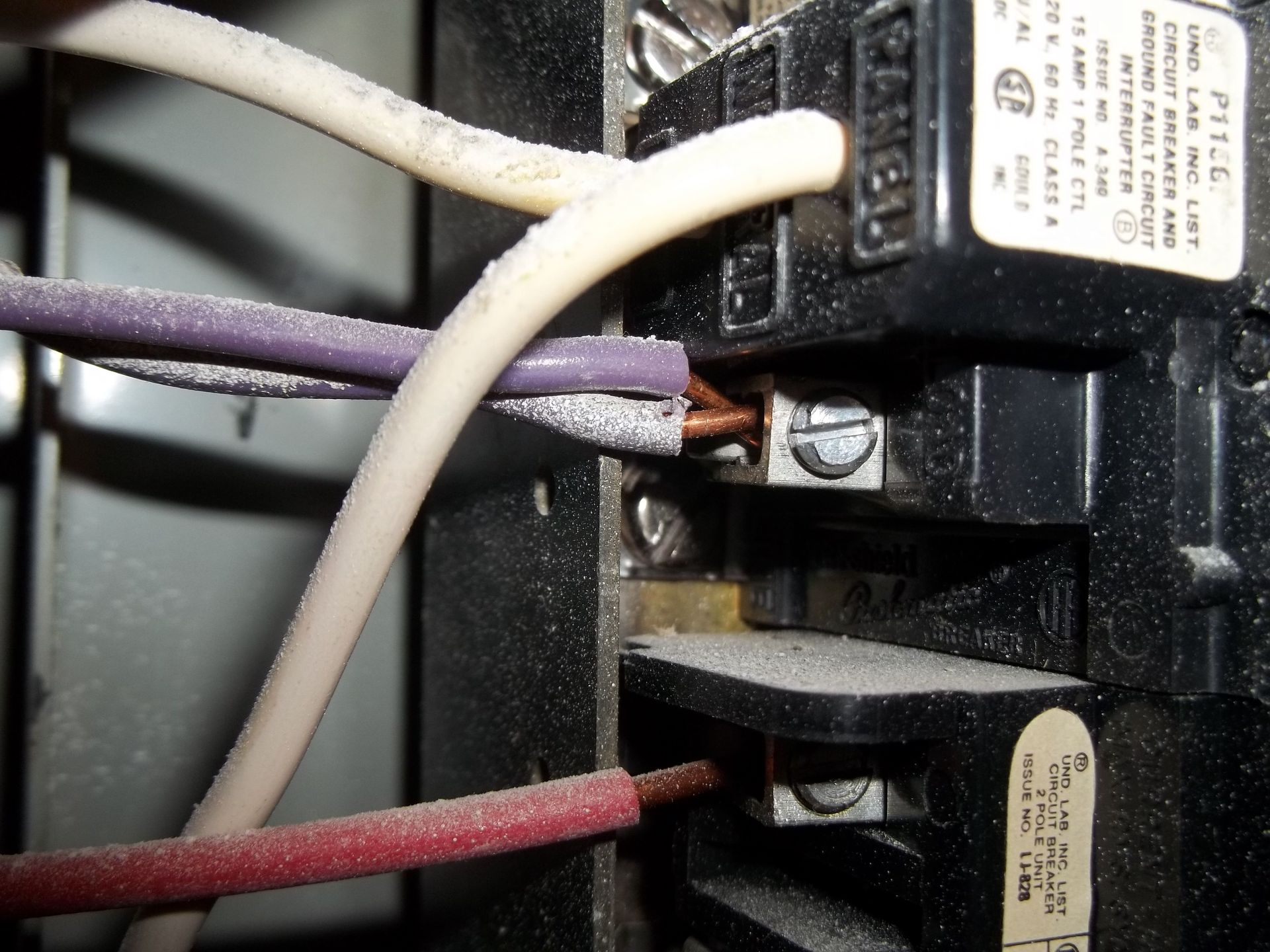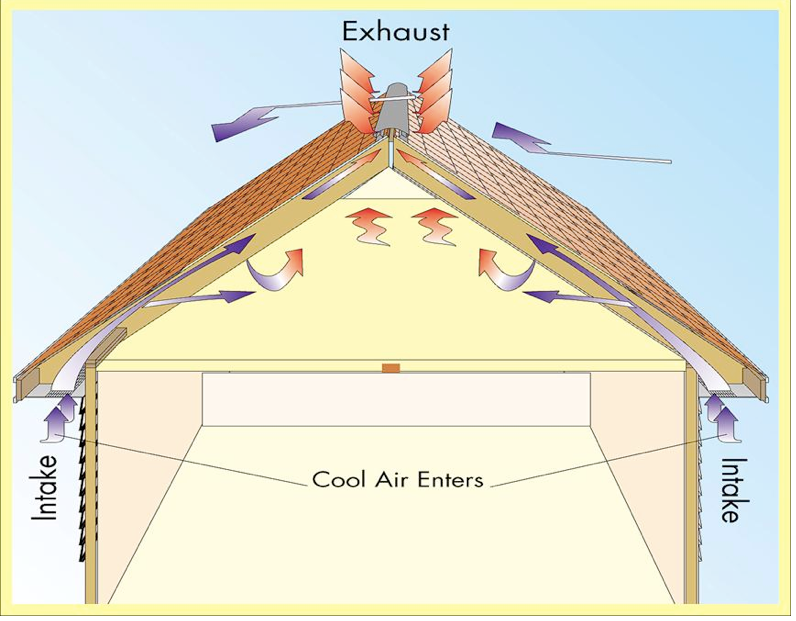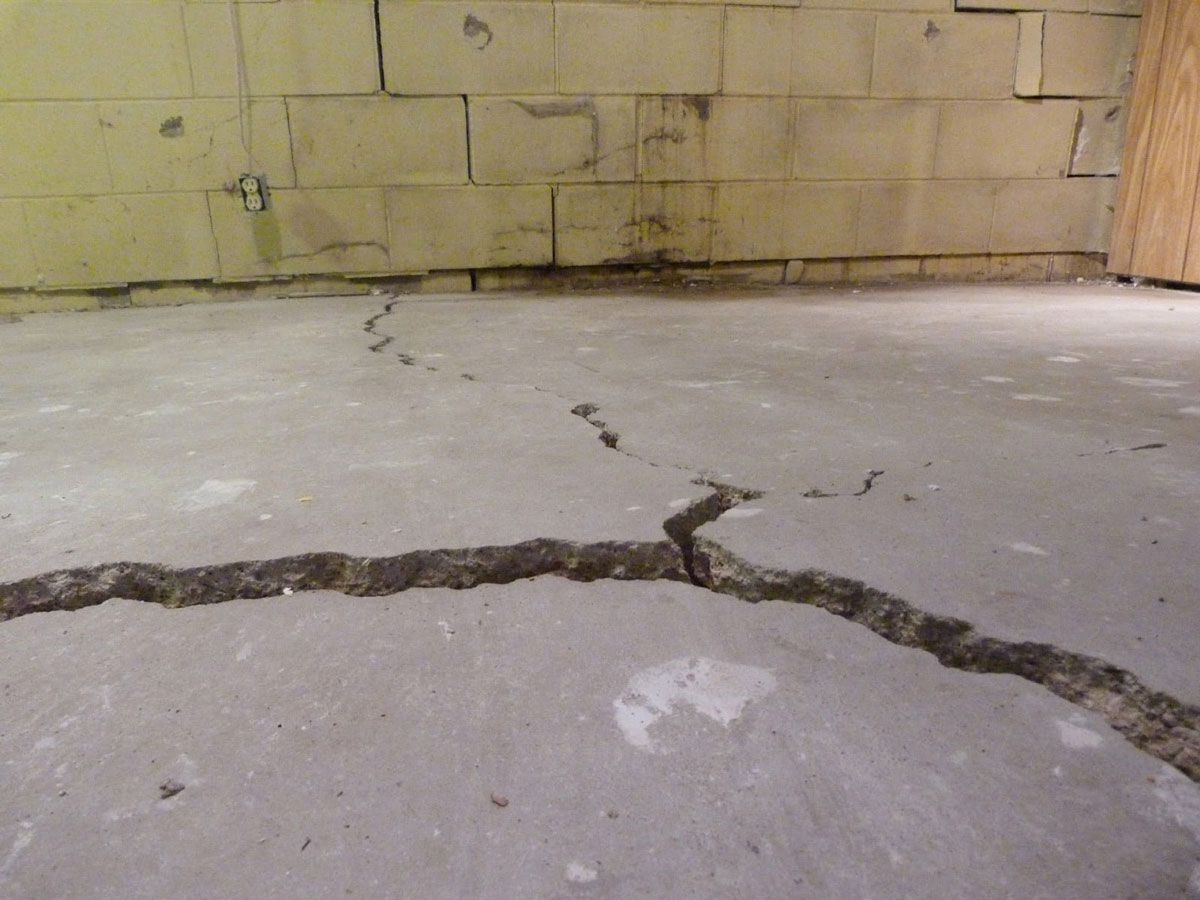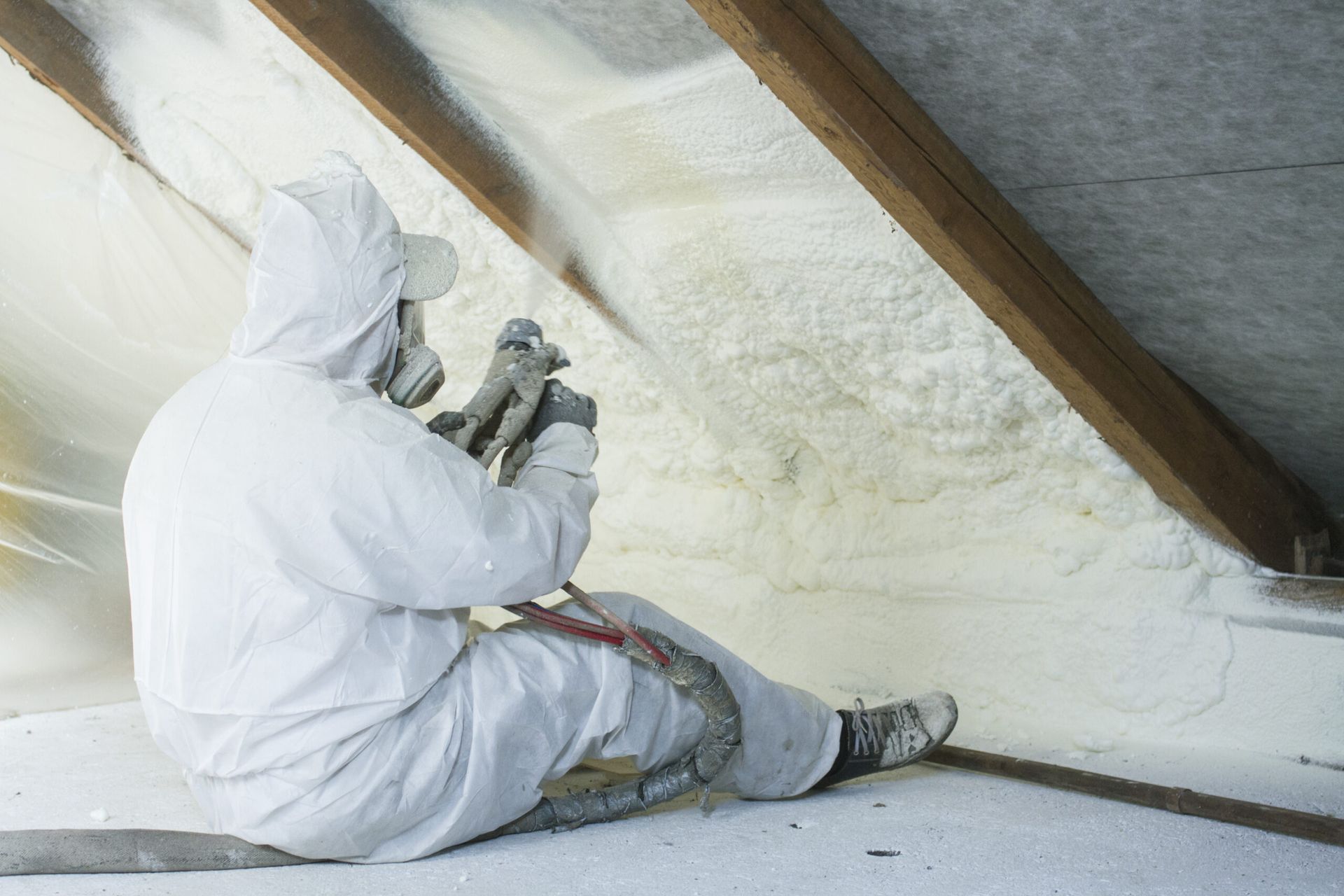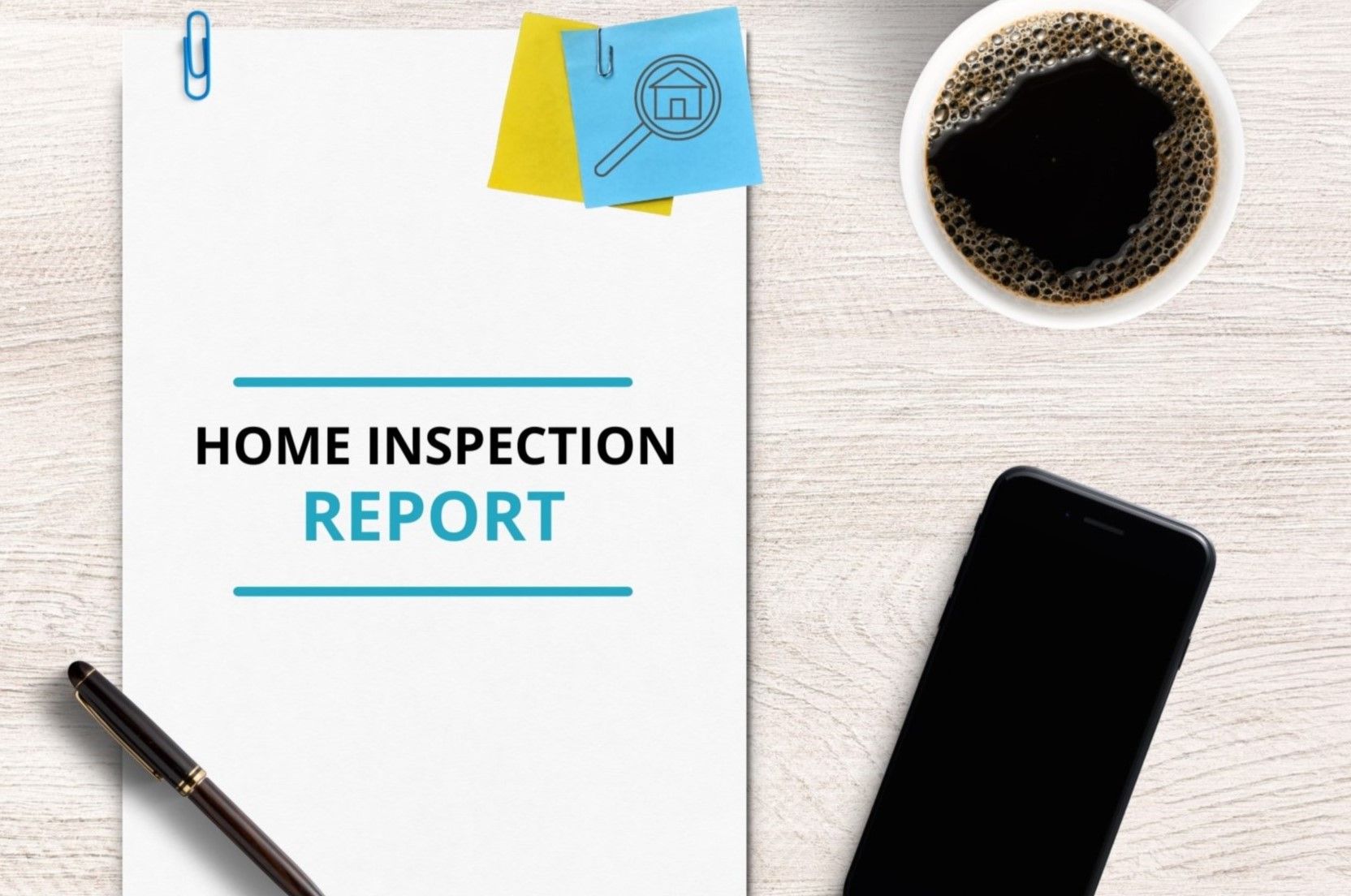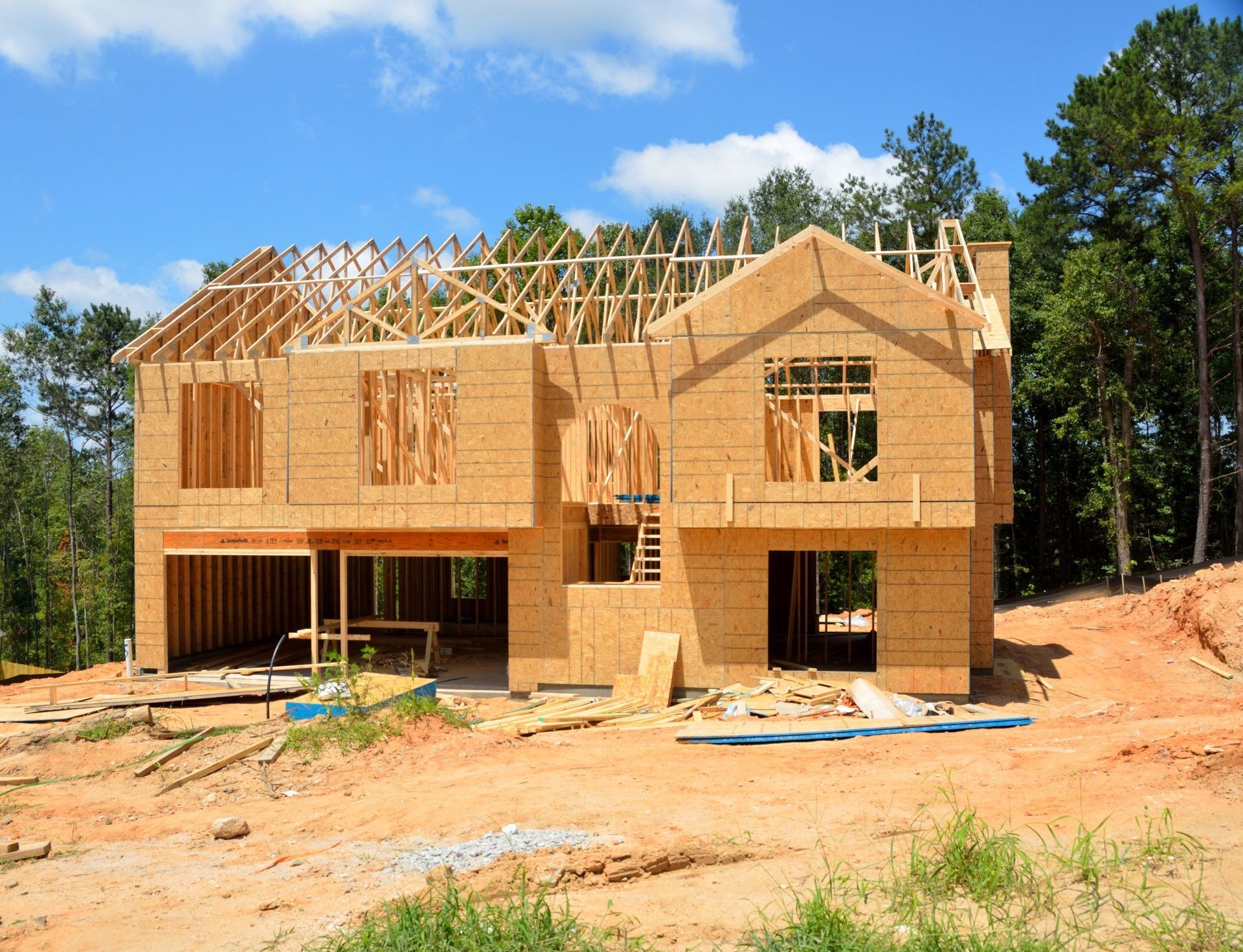Ross Nussle
May 16, 2025
Ensuring Your Investment Thrives in the Dallas-Fort Worth Market
As a landlord in the Dallas-Fort Worth area, you know that managing rental properties comes with its share of responsibilities. One critical aspect that can protect your investment and keep your tenants happy is a thorough rental property inspection. Whether you own properties in Dallas, Fort Worth, or Arlington, regular inspections help you stay ahead of maintenance issues, ensure compliance with local regulations, and maintain a safe living environment. In this guide, we’ll walk you through why inspections matter, what to look for, and how to approach them as a landlord in the DFW market.
Why Rental Property Inspections Matter
Inspections are more than just a formality—they’re a proactive way to safeguard your property’s value and avoid costly repairs down the line. In a competitive rental market like Dallas-Fort Worth, where tenants have plenty of options, a well-maintained property can set you apart. Here’s why inspections are essential:
- Preventative Maintenance: Catching small issues, like a leaky faucet in a Dallas duplex or worn-out HVAC filters in a Fort Worth single-family home, can prevent major expenses.
- Tenant Safety: Ensuring electrical systems, smoke detectors, and structural elements meet safety standards protects your tenants and reduces liability.
- Compliance with Local Codes: Cities like Arlington have specific ordinances for rental properties, and inspections help you stay compliant.
- Property Value Preservation: Regular upkeep keeps your investment in top shape, whether it’s a condo in Dallas or a townhome in Plano.
Types of Rental Property Inspections
As a landlord, you’ll encounter several types of inspections, each serving a unique purpose. Here’s a breakdown of the most common ones in the DFW market:
- Move-In Inspections
Conducted before a tenant moves in, this inspection documents the property’s condition. It’s a chance to note existing wear and tear, like scuffed walls in a Fort Worth rental, so you’re not held responsible for pre-existing damage when the tenant moves out. Provide tenants with a checklist and encourage them to report any issues within a few days. - Periodic Inspections
These are routine check-ins, typically every 6-12 months, to assess the property’s condition. In Arlington, where weather can be harsh, checking for roof leaks or foundation issues after storms is critical. Periodic inspections also ensure tenants are maintaining the property per the lease agreement. - Move-Out Inspections
After a tenant vacates, a move-out inspection compares the property’s condition to the move-in report. This helps determine what’s normal wear and tear versus damage, like a broken window in a Dallas rental, that may come out of the tenant’s deposit. - Drive-By Inspections
A quick exterior check can reveal issues like overgrown lawns or unauthorized vehicles. These are especially useful for landlords managing multiple properties across Dallas and Plano without needing to schedule interior access.
What to Inspect in a Rental Property
When conducting an inspection, focus on key areas that impact safety, functionality, and property value. Here’s a checklist tailored for DFW landlords:
- Exterior: Look for signs of wear on roofs, siding, and fences, especially after Texas storms. Check for clogged gutters or standing water, which can lead to foundation issues in Fort Worth’s clay-heavy soil.
- Plumbing: Inspect for leaks, water pressure issues, or signs of water damage. In older Dallas properties, check for outdated galvanized pipes that may need replacement.
- Electrical Systems: Ensure outlets, switches, and smoke detectors are functional. Faulty wiring in Arlington rentals can be a fire hazard.
- HVAC Systems: Test heating and cooling units, replace filters, and check for proper airflow. In the DFW’s extreme summers, a working AC is non-negotiable for tenants.
- Interior: Check for signs of mold, pest infestations, or unauthorized modifications. Look at flooring, walls, and appliances for excessive wear.
- Safety Features: Verify that smoke and carbon monoxide detectors are operational and that egress routes are clear, per local Dallas-Fort Worth codes.
Best Practices for Conducting Inspections
To make inspections smooth and professional, follow these tips:
- Provide Notice: Texas law requires landlords to give reasonable notice (typically 24-48 hours) before entering a rental property, except in emergencies. Always communicate clearly with tenants in Dallas or Arlington about the inspection’s purpose and timing.
- Use a Checklist: A standardized checklist ensures consistency and provides documentation. Include photos to support your findings.
- Be Respectful: Treat tenants’ personal space with care. Inspections are about the property, not their lifestyle, so focus on maintenance and safety issues.
- Hire a Professional: If you’re managing multiple properties or lack the time, consider hiring a licensed home inspector familiar with the DFW market. They can spot issues like foundation cracks or termite damage that you might miss.
- Follow Up: Address any issues promptly, whether it’s fixing a leaky pipe in a Plano rental or scheduling pest control for a Fort Worth property. Document repairs to show compliance with lease terms.
Navigating DFW’s Unique Challenges
The Dallas-Fort Worth market presents specific challenges that landlords should keep in mind during inspections:
- Weather Extremes: From scorching summers to occasional ice storms, DFW’s climate can take a toll. Inspect HVAC systems and insulation to ensure energy efficiency and tenant comfort.
- Foundation Issues: The region’s expansive clay soil can cause foundation shifts. Look for cracks in walls or uneven floors, especially in older homes in Dallas.
- Pest Control: Termites and rodents are common in Texas. Regular inspections can catch early signs of infestations before they become costly.
- Rental Market Competition: With high demand for rentals in cities like Plano, maintaining a pristine property through inspections can help you attract and retain quality tenants.
Conclusion
As a landlord in the Dallas-Fort Worth market, rental property inspections are your key to protecting your investment and fostering positive tenant relationships. By conducting thorough move-in, periodic, and move-out inspections, you can catch issues early, ensure compliance with local regulations, and keep your properties in top condition. Whether you’re managing a single rental in Arlington or a portfolio across Dallas and Fort Worth, a proactive inspection strategy will save you time, money, and stress in the long run. Stay diligent, use professional resources when needed, and keep your tenants’ safety and satisfaction first.

